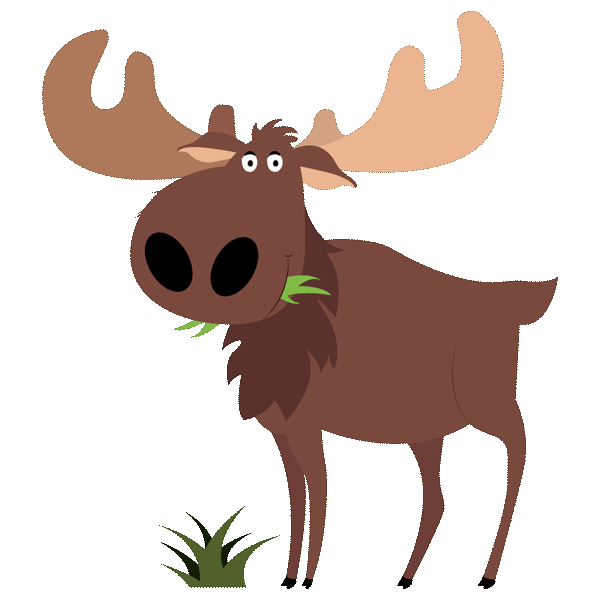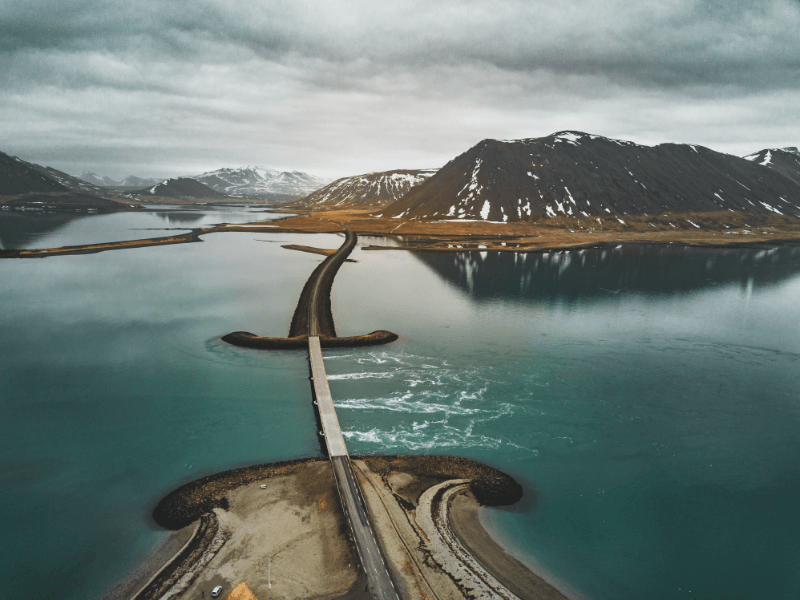Planning a summer road trip in northern Sweden is not about ticking off a strict itinerary. It is about long light, wide open roads, quiet forests, wind-brushed coasts, and the freedom to shape each day as you go. This guide gives you modular routes that fit different travel windows.
Summer in Norrland at a Glance
Norrland covers the northern half of the country and includes Swedish Lapland, the High Coast, and broad inland forests. In summer, this is a place of bright nights, rivers in motion, and quiet roads that seem to stretch forever.
- Daylight. Above the Arctic Circle, the sun does not set for weeks around the solstice, which means you can hike, fish, and wander at midnight without a headlamp. Around Abisko the Midnight Sun typically lasts from late May to mid-July. Kiruna has a similar season. Even south of the Circle you still get very long evenings. Plan your driving and sightseeing with this glow in mind. You can nap at midday and walk when the light is soft and the air is calm.
- Weather. Expect cool to mild days on the coast and in the high country. July in Sweden is usually the warmest month. In Luleå, average daytime highs in July can reach the upper sixties to low seventies Fahrenheit on typical years, with short warm spells possible. Kiruna sits higher and runs cooler overall. Pack layers, a warm mid-layer, and a hat for breezy viewpoints.
- Mosquitoes. In forest and wetland areas, especially on calm days in June, July, and August, bring repellent and a head net for evening walks. Windy coasts have fewer bugs. Keep screens closed in your vehicle and dry your gear in the sun when you can.
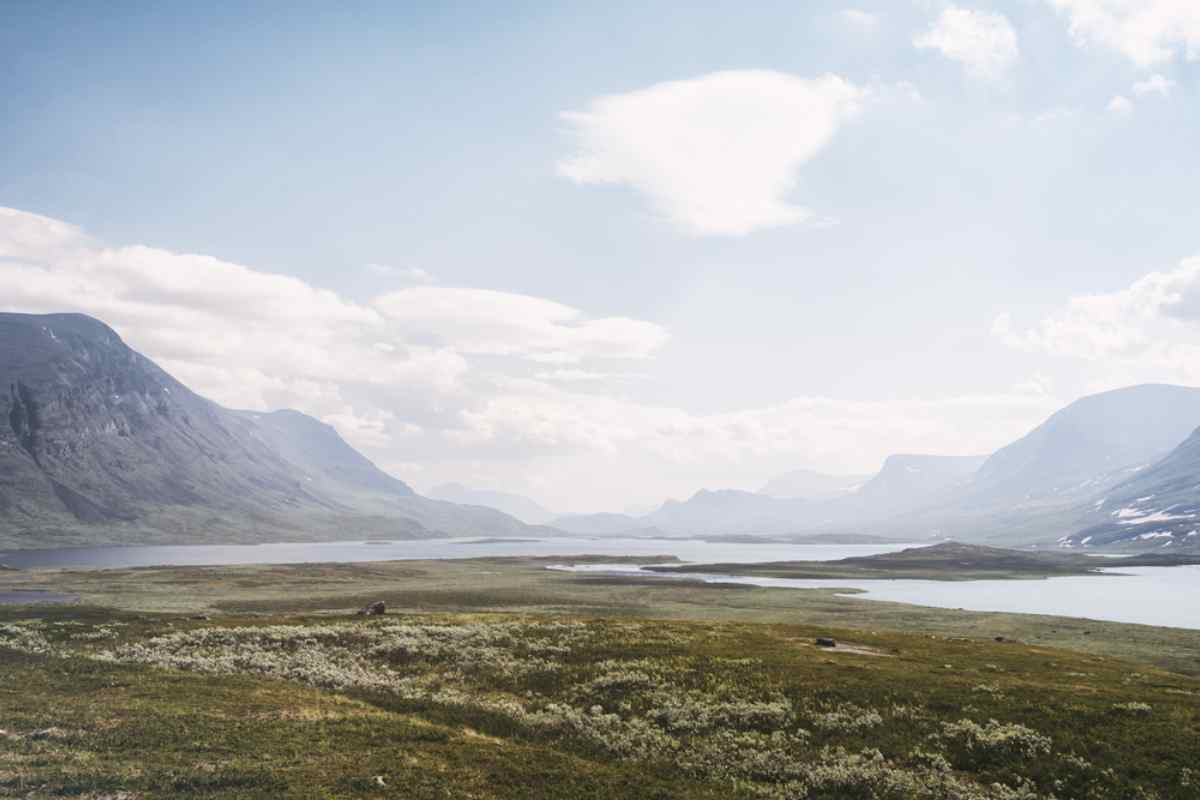
Campervan Basics for Northern Sweden
With a rental campervan in Sweden, you can pick a short escape, a seven day adventure, or an extended expedition. Along the way you will find local culture and sustainable ways to explore nature so your vacation in northern Sweden feels easy and respectful:
- Road rules that matter. Drive on the right, keep to the speed limits, and use headlights at all times. In Sweden you must drive with lights on even during the day. Most rental vehicles do this automatically.
- Wildlife. Moose and reindeer cross roads without warning, especially at dawn and dusk. Slow down when you see animal signs and scan the tree line. In reindeer areas, give herds plenty of space and wait patiently until they move off the road.
- Freedom to roam and camping etiquette. Sweden’s Right of Public Access allows people to walk, cycle, and camp with care. Motor vehicles are different. Driving or parking off-road is not part of that right. With a campervan you should use campsites, parking areas, or places where roadside parking is explicitly permitted. Many nature reserves and national parks have special rules, so always check road signs.
- Dump points and water. Service stations, campsites, and many towns provide proper dump points for grey and black water. Ask at tourist offices or campsite receptions and never empty tanks in nature.
- Live road info. Before longer transfers, check current conditions and any roadworks with the Swedish Transport Administration.
Route Modules: Pick Your Ideal Summer Road Trip in Northern Sweden
Below you will find flexible modules grouped by trip length. Each one includes the kind of experience you can expect, a sensible starting point, and a few ideas for detours. Mix and match to build your own things to see in northern Sweden list.
Short Getaways — 2 to 3 Days
1. Luleå Archipelago and Gammelstad Church Town
Good for: easy island time, heritage, families, food lovers
Start: Luleå
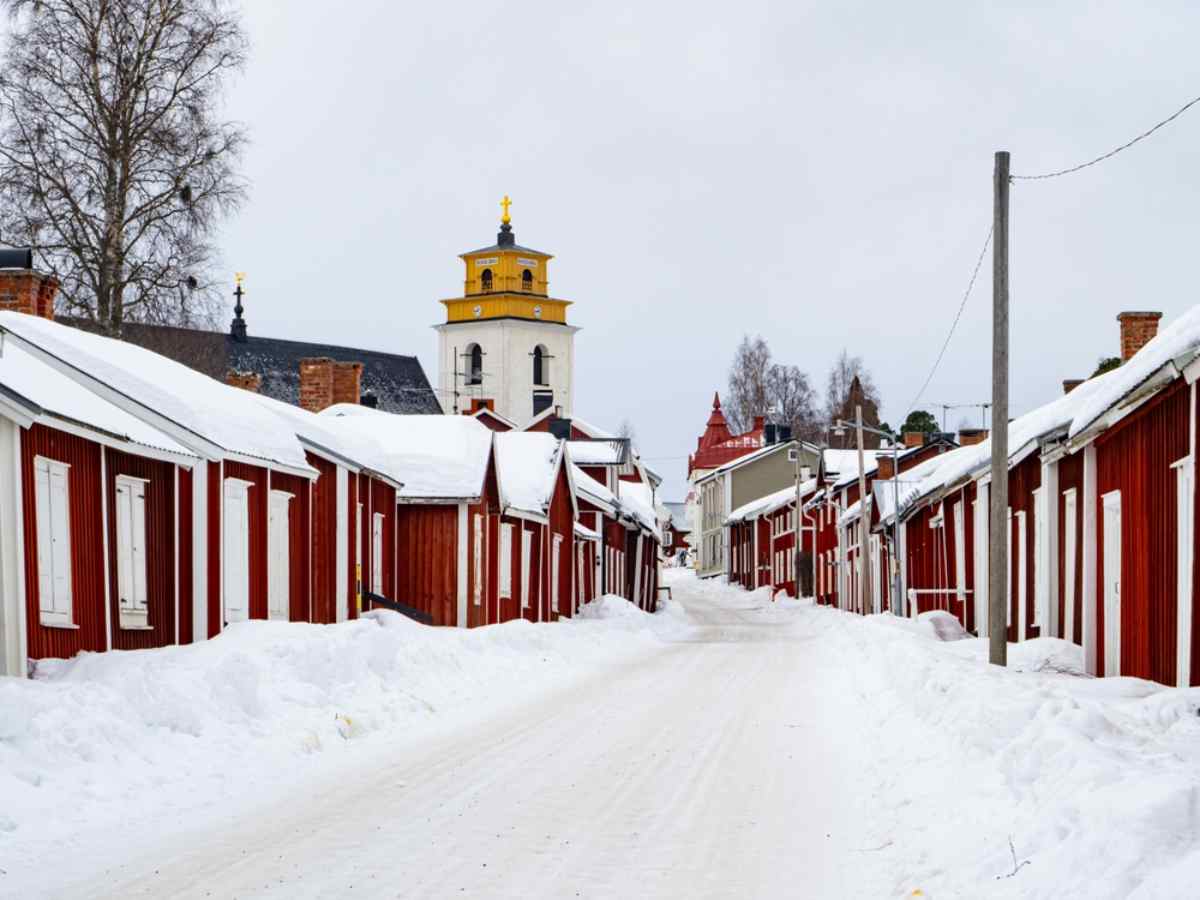
Spend a night in Luleå, then ride a tour boat out to one or two islands such as Sandön or Hindersön. Swim on sandy beaches, walk pine trails, and picnic with long views across the Bothnian Bay. Ferries run through summer and into early autumn, and timetables are posted online and at the South Harbor.
Camp on the mainland or book a simple cabin on select islands. On your return, wander the UNESCO listed Gammelstad Church Town, a cluster of four hundred red cottages around a fifteenth century stone church.
Food tip: try local whitefish, Arctic char, or a taste of Kalix vendace roe if it is in season later in the year. It is Sweden’s first product with EU protected designation of origin.
Optional add-on: drive down to Pite Havsbad, sometimes called the Northern Riviera, for a wide beach day and a five-star campground with kid-friendly activities.
2. Storforsen Rapids and Jokkmokk
Good for: big nature without long hikes, Sámi culture, scenic picnic spots
Start: Luleå or Piteå
Follow the Pite River inland to the Storforsen nature reserve. Boardwalks and paths lead to viewpoints over one of Europe’s most powerful unregulated rapids. Bring a picnic and linger in the pine forest while the whitewater thunders by.
Continue to Jokkmokk for the excellent Ájtte Museum, a thoughtful introduction to Sámi culture and a gateway to the Laponia area.
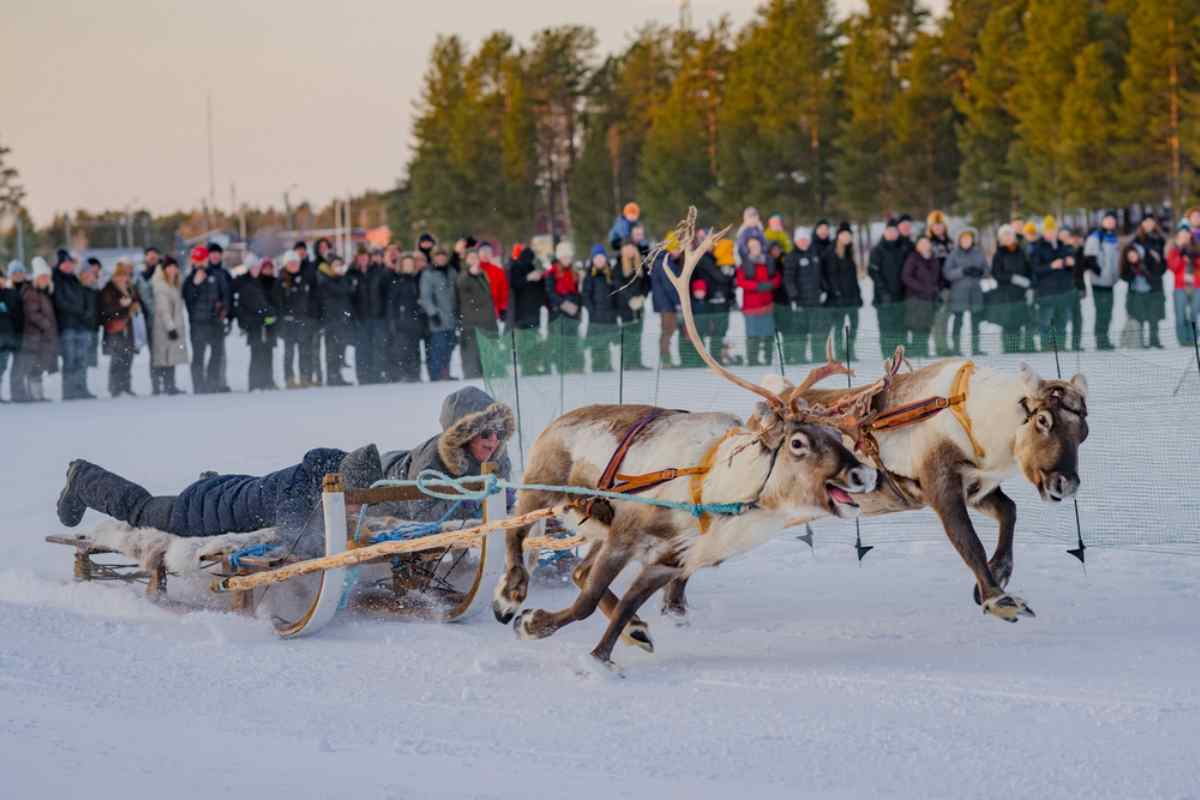
3. A Taste of the High Coast
Good for: coastal hiking and viewpoints, geology, photo lovers
Start: Umeå or Örnsköldsvik
The High Coast is a UNESCO World Heritage landscape where the land is still rising after the last ice age. Spend an afternoon hiking in Skuleskogen National Park through old forest to sea cliffs and the famous Slåttdalsskrevan crevasse, then watch the evening light from a lookout near Skuleberget. If you prefer gentle time near the water, explore fishing hamlets and rocky beaches instead.
7-Day Adventures
Mountains and Midnight Sun: Kiruna, Abisko, and the E10
Good for: alpine views, gentle hikes, midnight light, photography
- Day 1 to 2. Fly or drive to Kiruna. Stock up on groceries, then follow the E10 toward Abisko, with long views across Lake Torneträsk. If the chairlift is running, ride up Mount Nuolja and walk a short loop during the golden midnight hour. You can take your time because the sun does not set in early summer here.
- Day 3 to 5. Stroll a short piece of the famed Kungsleden from Abisko to Abiskojaure and back, or sample a lake ferry and day hike if available. If you are an experienced trekker, you can plan a longer out and back. The classic section between Abisko and Nikkaluokta takes about a week on foot and is one hundred five to one hundred seven kilometers long, but even a half day taste gives you the feel of mountain Sweden.
- Day 6 to 7. Loop to Björkliden and Riksgränsen for scenic pullouts, then meander back to Kiruna. If you enjoy geology and industry, consider a short visit to the mine museum. If you prefer quiet time, choose lakeside picnics, late evening walks, and embrace Sweden's coffee culture. Throughout the week remember that reindeer have priority on the road. Give them space and enjoy the moment.
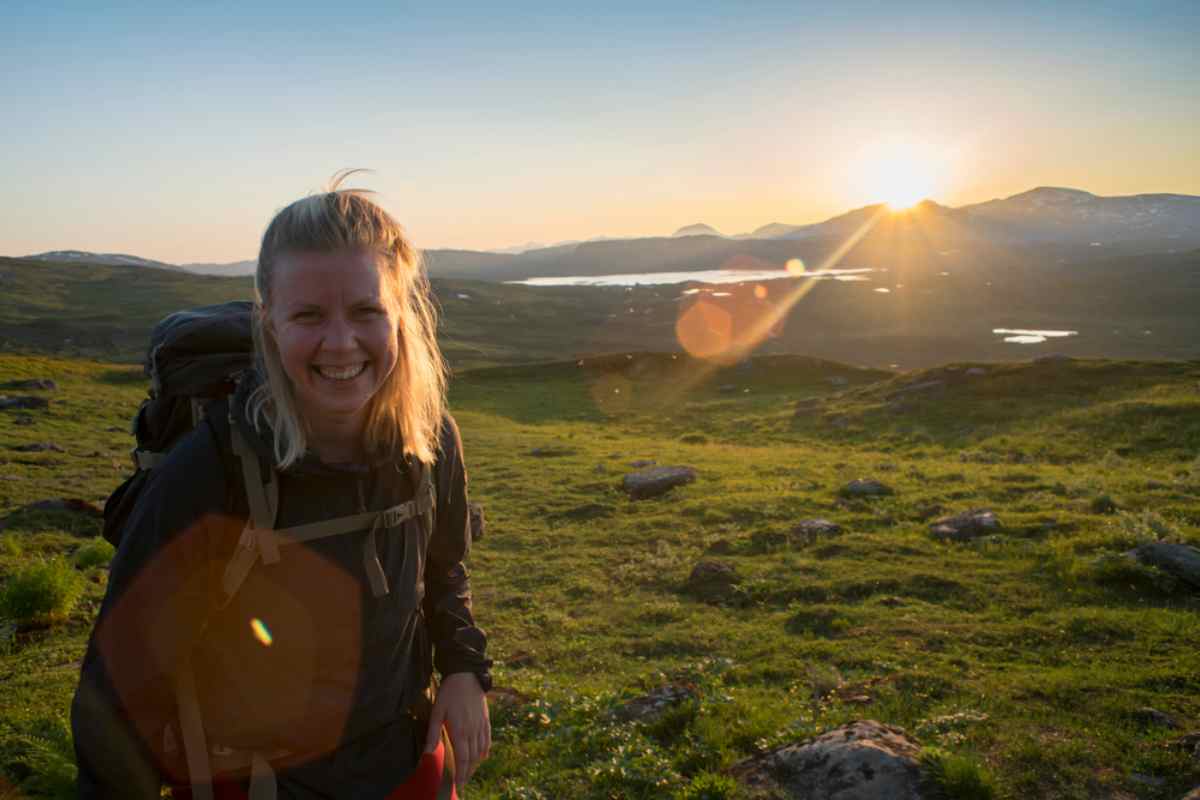
Coast-to-Border Loop: Umeå to HaparandaTornio
Good for: island hopping, beach days, heritage, two cultures in one trip
- Day 1 to 2. Start in Umeå and follow the coast to Skellefteå and Luleå, stopping for swims and fika along the way. Spend a morning in Gammelstad Church Town to feel how people once traveled to worship from far out in the countryside.
- Day 3 to 4. Choose an archipelago day. From Luleå you can ride ferries to islands with sandy coves and pine forests. Families love the simple joy of hopping from beach to beach. Book cabins or return to your mainland campsite at night.
- Day 5 to 7. Continue east to HaparandaTornio, two towns on either side of the Torne River and in two time zones. People live with one foot in each country, and you can feel the blend of Swedish, Finnish, and Meänkieli culture. Take a boat trip to islands near the Haparanda Archipelago National Park or simply wander local markets and riverfront walks before looping back along the inland road.
Extended Expeditions — 10 to 14 Days
Good for: big landscapes, quiet campgrounds, world heritage, road-tripping joy
This is the grand loop for travelers who want a deep Norrland road trip without rushing.
- Leg one. Aim north on the E45, the longest road in Sweden, passing lakes and forest towns where time feels unhurried. Use pullouts for short photo stops and plan fuel in advance on longer stretches.
- Leg two. Turn toward Jokkmokk and Laponia, a vast UNESCO World Heritage area of mountains, lakes, and Sámi reindeer herding lands. Stop at Naturum Laponia for an overview, then choose a day walk in Stora Sjöfallet or Muddus. You are not driving through the heart of wild parks here. You are orbiting them and stepping in on marked trails where allowed. Respect seasonal rules and closures that protect nature and herding.
- Leg three. Continue to Gällivare and turn toward Kiruna and Abisko if you want more mountain time, or angle southeast toward the coast if you prefer islands and seafood. Along the Pite River detour to Storforsen, where short paths lead to dramatic viewpoints over the rapids.
- Leg four. Rejoin the coast and drift south through Luleå and Skellefteå to the High Coast. Hike in Skuleskogen National Park, snap a photo of the High Coast Bridge, and taste smoked fish at a local harbor cafe. The High Coast exists because the land is still rebounding after the last ice age, and today it holds the world’s highest post-glacial coastline, with uplift ongoing.
- Optional spur. From Umeå, follow the Blue Highway inland to Hemavan and Tärnaby, then loop back. The Swedish stretch hugs rivers and lakes, with easy hikes and viewpoints.
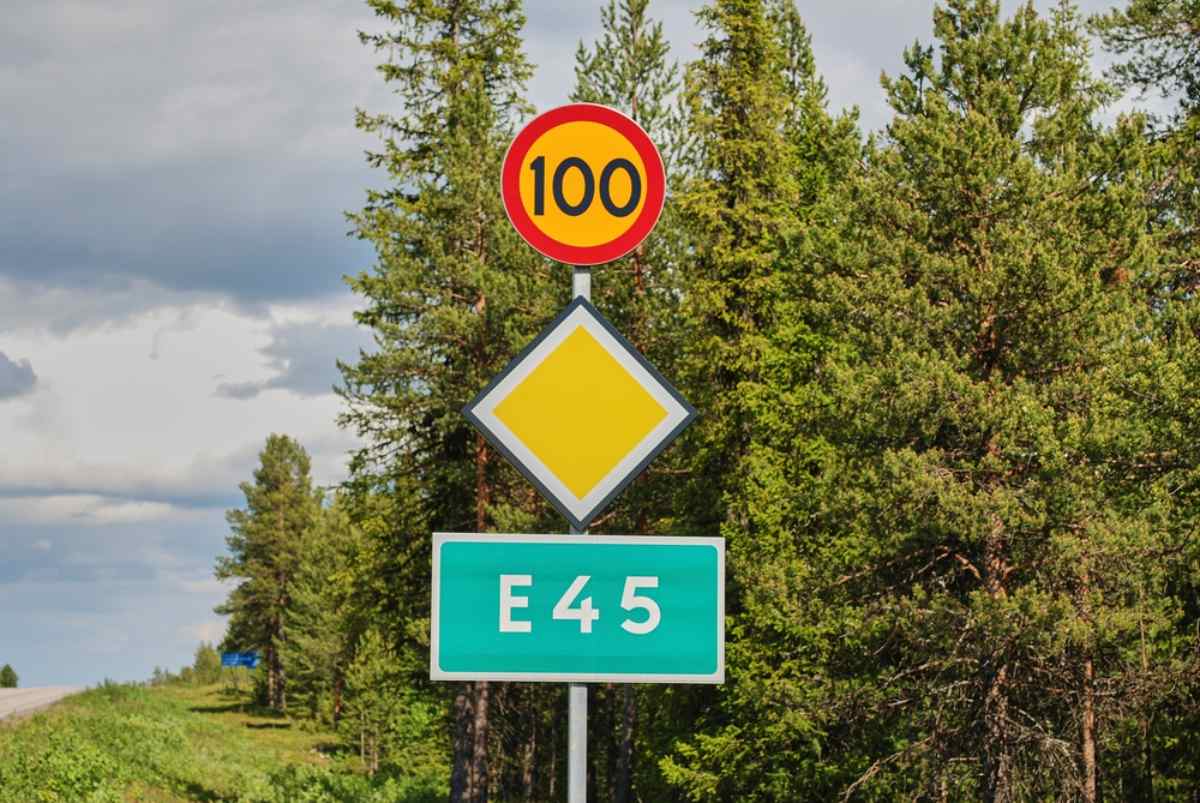
Culture to Fold into Your Days
This guide gives you heritage towns, long forest roads, island sunsets, and a touch of the mountains, all at a pace you control.
- Sámi heritage. You are traveling in Sápmi, the traditional lands of the Sámi. Start with a visit to Ájtte, the Swedish Mountain and Sámi Museum, for context on language, crafts, reindeer herding, and contemporary life. When you see reindeer on the land or the road, remember you are moving through living culture. Give herds space and watch quietly.
- Church villages and river towns. Northern distances once made day trips to church impossible, so people built small cottages around churches. Gammelstad Church Town is the best preserved example in Scandinavia and sits near the head of the Gulf of Bothnia. Wander the lanes with respect for residents.
- Flavors of the north. Taste fresh whitefish, smoked Arctic char, and flatbreads. In late summer, markets sometimes carry cloudberries, known as hjortron, a tart golden berry that ripens from mid July to mid August in Norrland. You will also see the famous Kalix Löjrom, the protected vendace roe from the Bothnian Bay. Try a spoonful on a small blini with sour cream and chives.
- The summer coast. On warm days, the coast of Swedish Lapland turns lively, with family beaches and bright evenings. Locals like to call Pite Havsbad the Northern Riviera for its long sandy strand and holiday vibe.
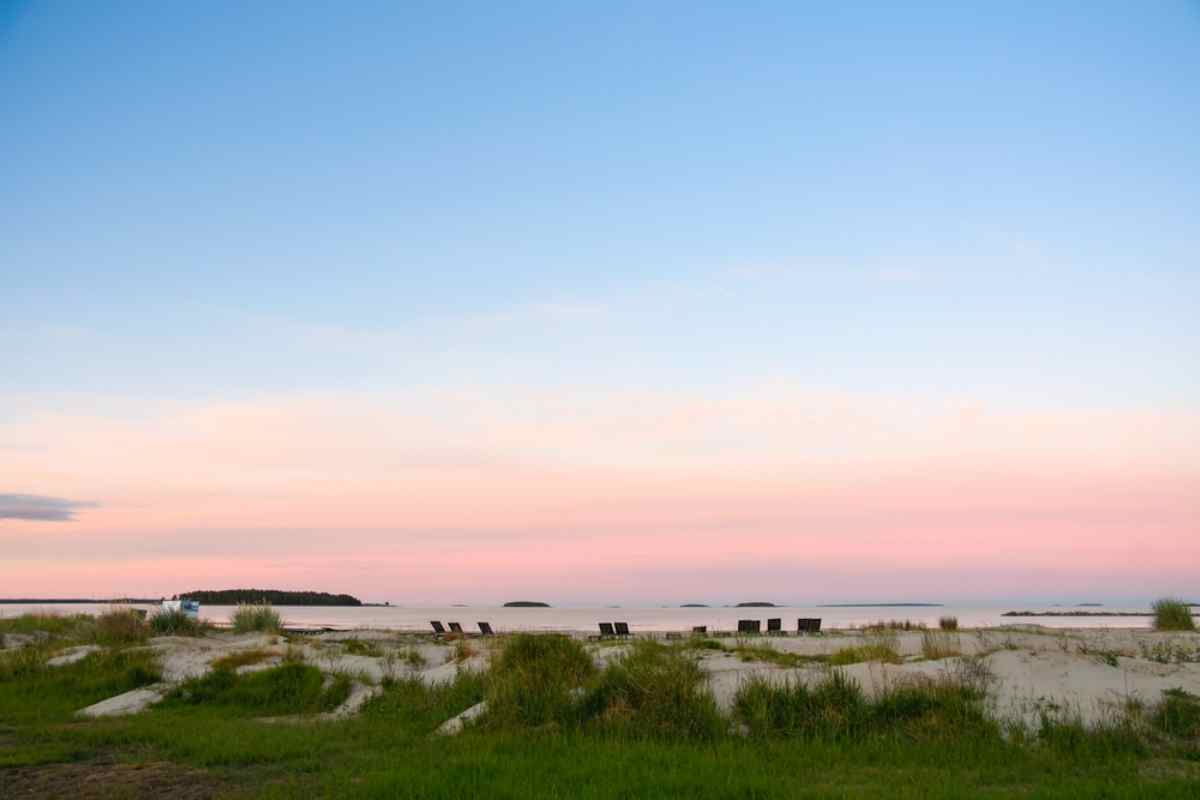
Nature Moments That Feel Bigger Than a Schedule
- Midnight light in Abisko. Ride the chairlift when it operates and sit on a smooth rock above the valley while the light turns gold. In June and early July the sun does not set here.
- Rapids at Storforsen. A web of paths and ramps makes it easy for all ages to stand near powerful water and feel the cool mist.
- Archipelago ferries from Luleå. Fold a beach day into your trip with easy island hops.
- High Coast hiking. Short or long, the trails in Skuleskogen deliver sea-to-summit drama and pockets of silence among old trees.
Sustainable Travel Tips for Campervans in the North
- Stay on roads and in signed places. The Right of Public Access is generous for people on foot and for tents on uncultivated land, yet it does not permit motor vehicles to drive or park on natural ground like meadows or beaches. Use campsites and signed parking areas. In protected areas, follow local rules.
- Pack in, pack out. Carry reusable water bottles and grocery bags. Separate recycling where you camp. Empty grey and black water at proper stations only.
- Respect Sámi reindeer herding. Do not fly drones near herds, keep dogs leashed, and slow to a crawl when you meet reindeer on the road. You are a guest in active grazing landscapes.
- Choose low-impact activities. Walk marked trails, book local guides for cultural visits, and shop at small bakeries or smokehouses. Your money supports year-round communities.
- Fire safety. Summer can be dry. Always check local restrictions, use designated fireplaces, and never leave a flame unattended.
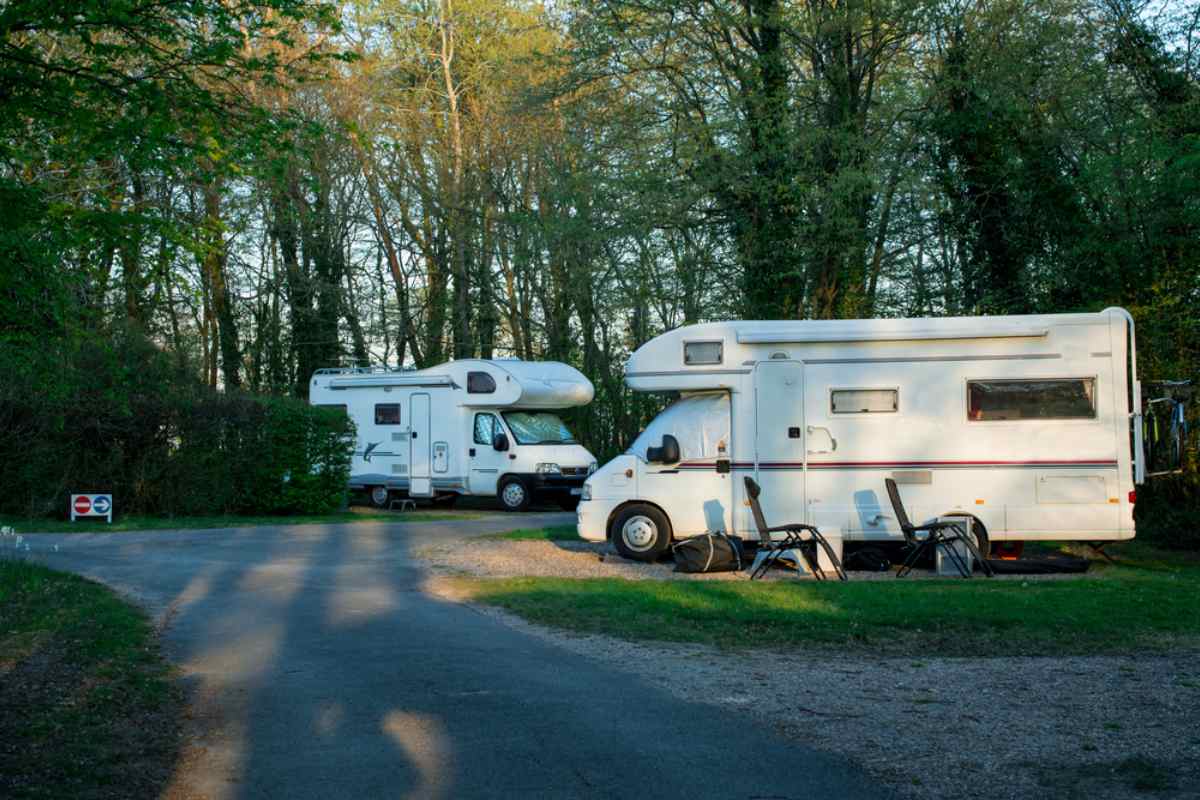
Practical Planning, The Easy Way
- When to go. Late June through August brings long days and open seasonal roads. For the Midnight Sun, aim for late May to mid July the further north you go. If you prefer cooler air and fewer insects, late August into early September is calmer, with early autumn color in some valleys.
- Where to sleep. Northern Sweden has a friendly network of campgrounds, from full-service beach resorts like Pite Havsbad to quiet forest sites along rivers and lakes. Popular places near beaches and archipelagos can fill on sunny weekends, so make a soft plan for those nights.
- Driving and navigation. Plan fuel in rural stretches and keep a flexible mindset. If a gravel road looks tempting, confirm it is a legal public road, not a private track, and that your rental agreement allows it. Before long transfers, check for road works or closures.
- Food and supplies. Big supermarkets in coastal towns stock camping gas, fresh fish, and local berries in season. Small shops inland have everything you need for simple meals. Cafes serve hearty lunches, and you can always find a place for a fika break with coffee and cinnamon buns.
- What to pack:
- A warm layer, windproof shell, swimwear, and quick-dry towel.
- Eye mask for bright nights and light earplugs for busy campgrounds.
- Insect repellent, a head net, and after-bite treatment.
- Compact first aid kit and a thermos for late night tea.
- Paper maps as backup to your phone navigation.
- Binoculars for seabirds and a small trash bag for trail clean-ups.
Build-Your-Own Itineraries
Use these sample frameworks as a starting point. Swap days around to match your interests and the weather.
2 to 3 Day Sampler: Coast and Culture
|
Day(s) |
Start / Route |
Highlights |
Suggested Overnight |
|
1 |
Luleå → Gammelstad Church Town → Luleå riverfront |
Heritage walk, evening stroll |
Luleå campground |
|
2 |
Luleå → Sandön or Hindersön (archipelago ferry) → Luleå |
Beach time, swimming, easy walks |
Luleå |
|
3 |
Luleå → Storforsen → Pite Havsbad → return to coast |
Rapids viewpoints, final beach stop if time allows |
Luleå or Pite area |
7 Day Mountain and Island Mix
|
Day(s) |
Start / Route |
Highlights |
Suggested Overnight |
|
1 to 3 |
Kiruna → Abisko via E10 |
Short hikes, lake views, possible Midnight Sun chairlift |
Abisko or Kiruna area |
|
4 to 5 |
Abisko → Kungsleden taster (out and back) |
Easy family trails or longer day hike |
Abisko area |
|
6 to 7 |
Abisko → Luleå (coast) |
Island hopping or relaxed beach day |
Luleå |
10 to 14 Day Grand Loop
|
Day(s) |
Start / Route |
Highlights |
Suggested Overnight |
|
Leg 1 |
Umeå → Jokkmokk via E45 Inland Road |
Forest lakes, slow scenic driving |
Jokkmokk area |
|
Leg 2 |
Jokkmokk → Laponia visitor center and marked trails |
Day hikes, nature stops, seasonal respect |
Gällivare or Jokkmokk |
|
Leg 3 |
Gällivare → Kiruna → Abisko |
Mountain views, long summer light |
Abisko or Kiruna |
|
Leg 4 |
Abisko → Luleå → High Coast → Skuleskogen National Park |
Sea cliffs, spruce forest, coastal hiking |
High Coast area |
|
Optional spur |
Umeå → Blue Highway → Hemavan and Tärnaby → return |
Lakes, short hikes, quiet evenings |
Hemavan or Tärnaby |
FAQ for a Smooth Norrland Road Trip
Is a summer campervan trip in northern Sweden good for kids?
Yes. Distances can be tailored, beaches are shallow and sandy in many places, and there are many short walks with big rewards like Storforsen’s boardwalks and Skuleskogen’s sea views.
Do I need to book campsites in advance?
For popular beach spots and holiday weeks, it helps. Inland campgrounds and forest sites are often quieter. If you arrive late, call ahead or aim for an early check-in the next morning.
When is the Midnight Sun?
Late May to mid July in the far north. Kiruna and Abisko are prime. Even outside those dates you get very long evenings that feel like a mild form of daylight.
Can I wild camp with a campervan?
Use signed places, public parkings where permitted, and campgrounds. The Right of Public Access does not allow motor vehicles to park on natural ground.
Any must-see cultural stops?
Ájtte Museum in Jokkmokk for Sámi culture, Gammelstad Church Town for heritage, archipelago boat rides in Luleå for summer island life.
Final Thoughts
A summer road trip in northern Sweden is not a race from landmark to landmark. It is a rhythm you discover as you go. One evening you may watch the sun trace a shallow arc above a mountain in Abisko. Another morning you might drink coffee on a quiet pier while a ferry hums toward a pine island.
The beauty of Norrland is the space it gives you. Rent a campervan in Sweden to build your route, travel with care, and leave room for detours that catch your eye. That is how a flexible guide becomes your personal journey.


 By
By






